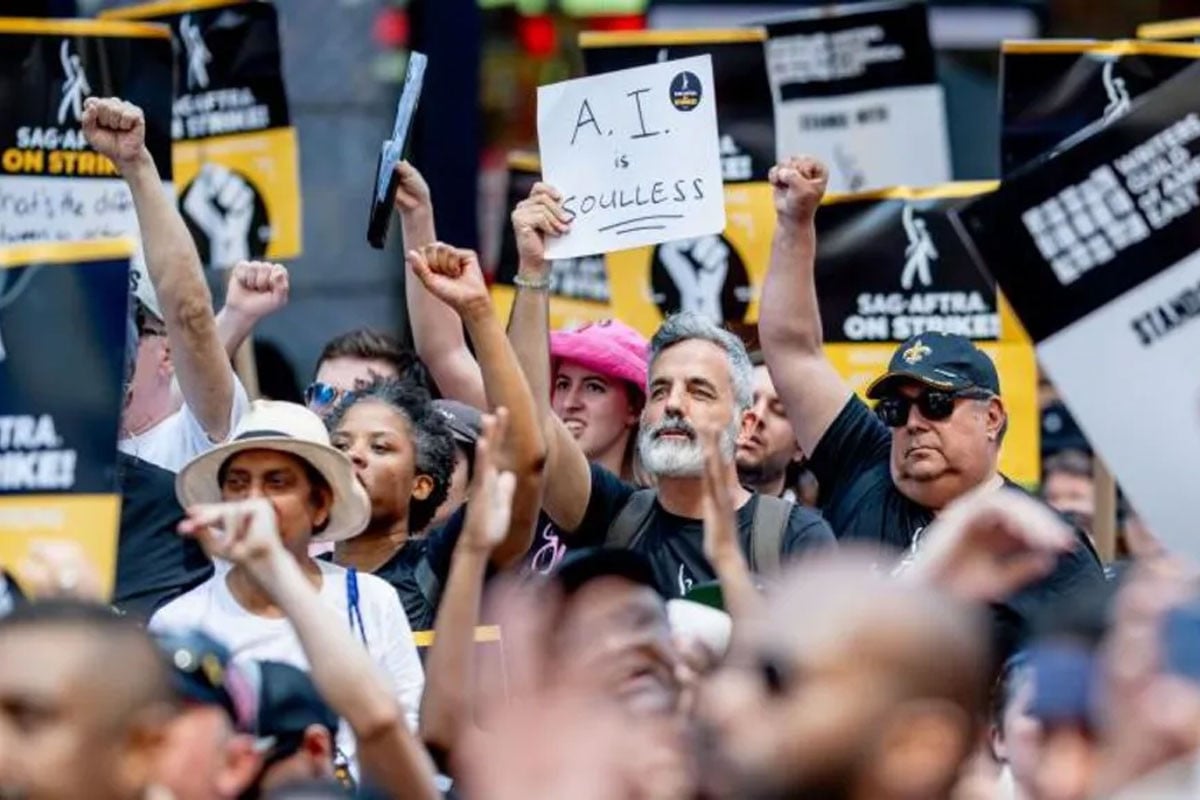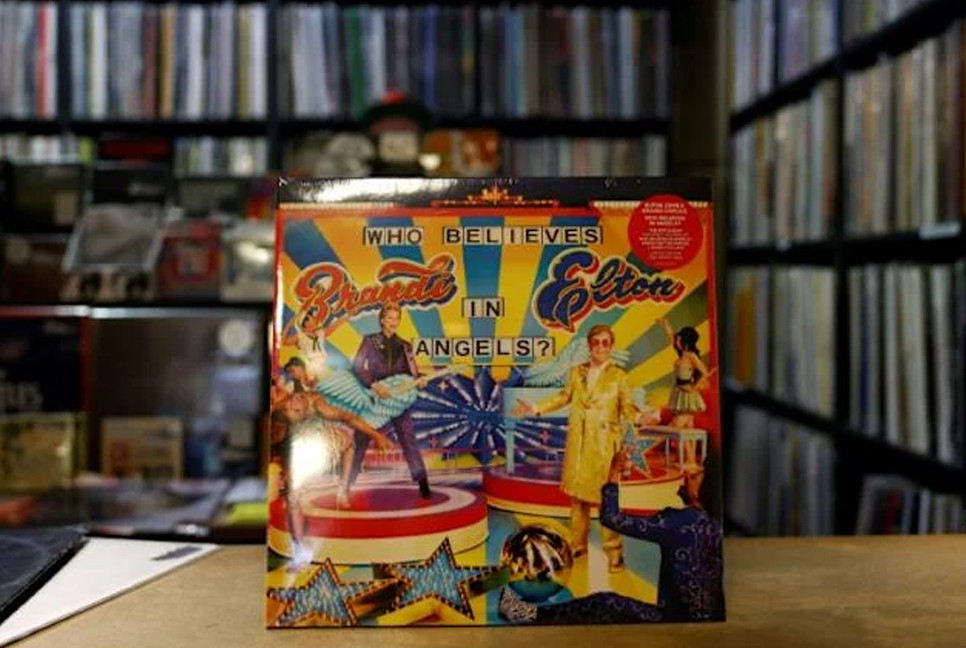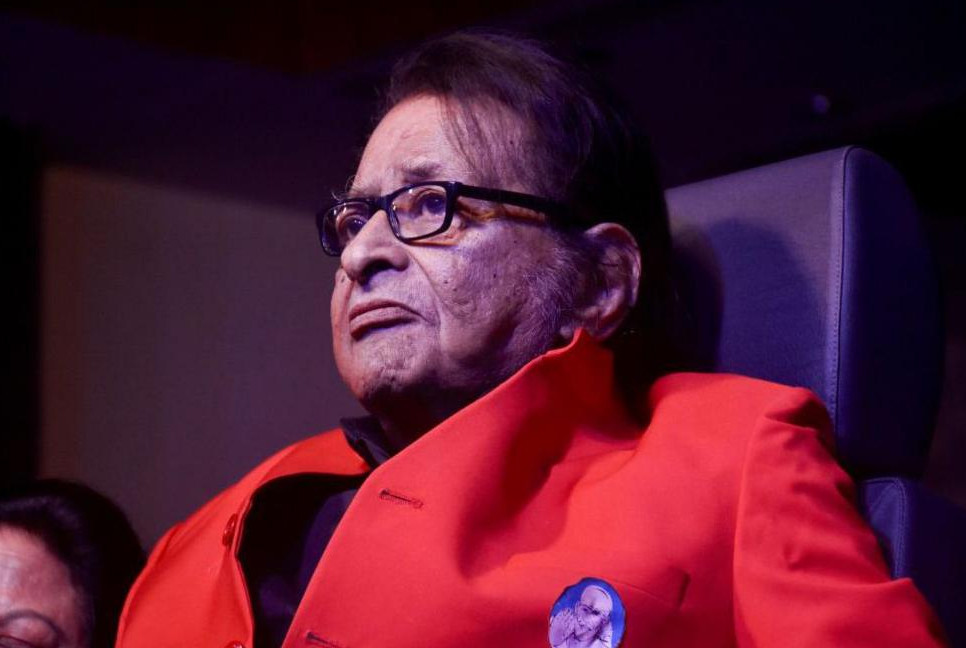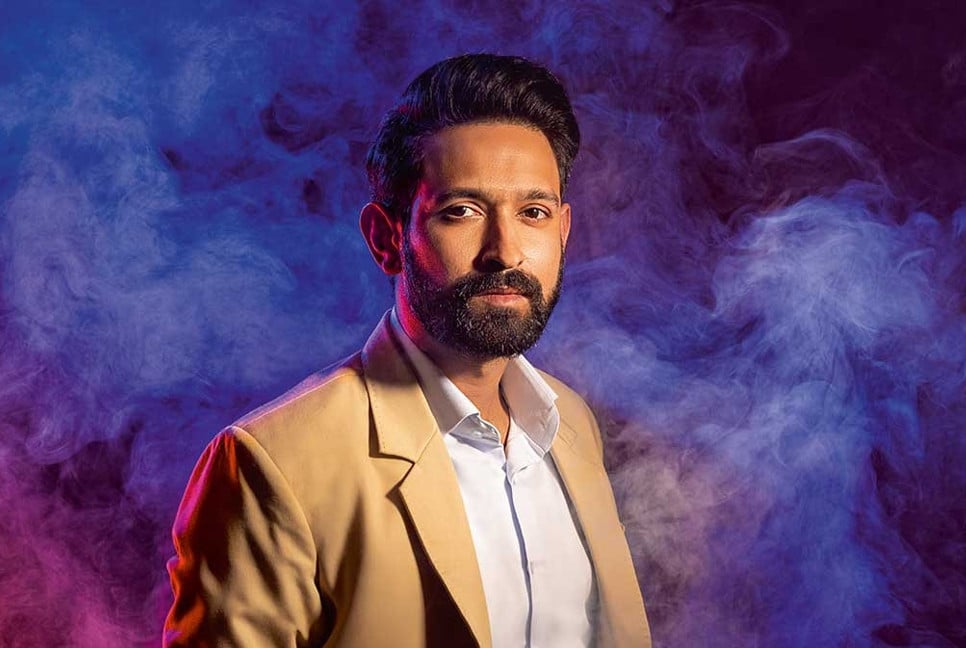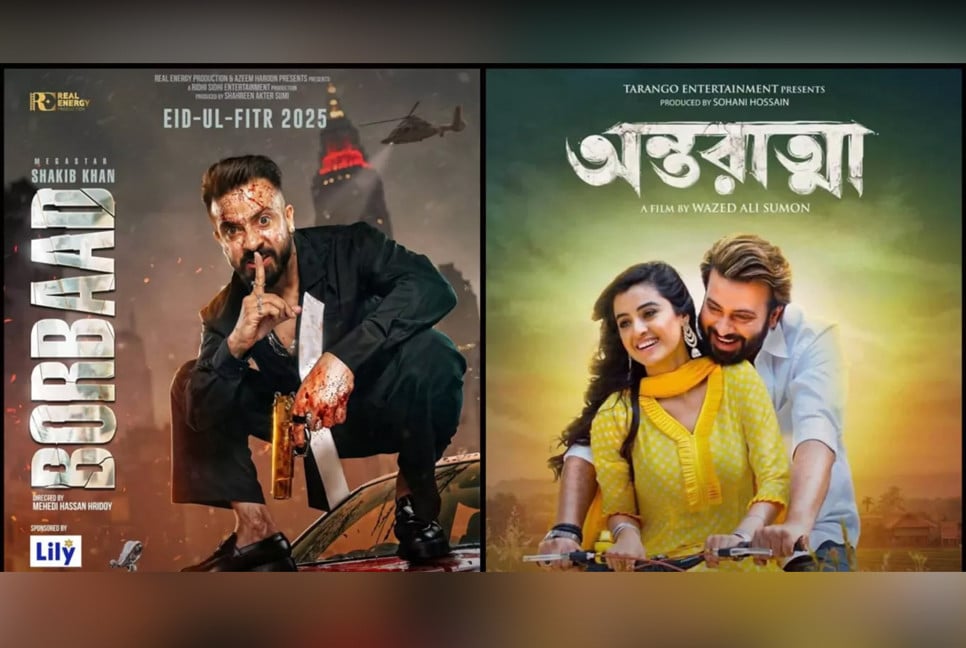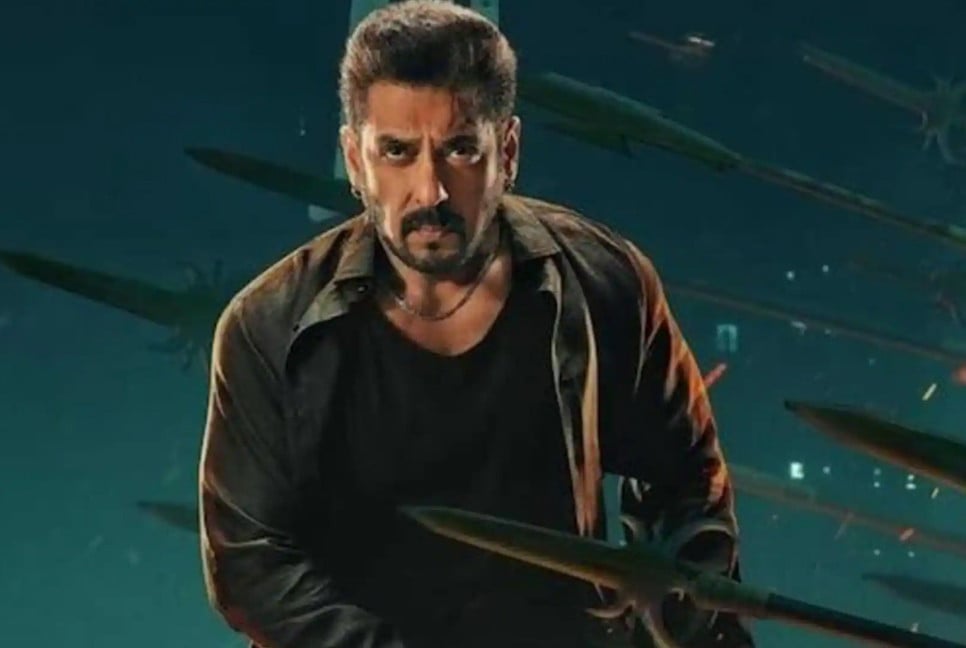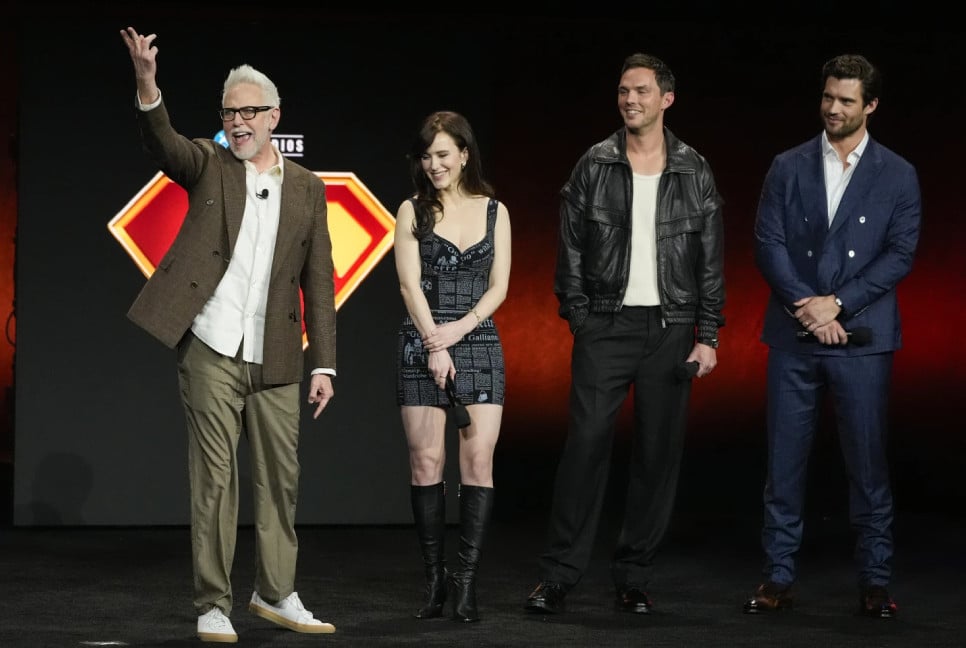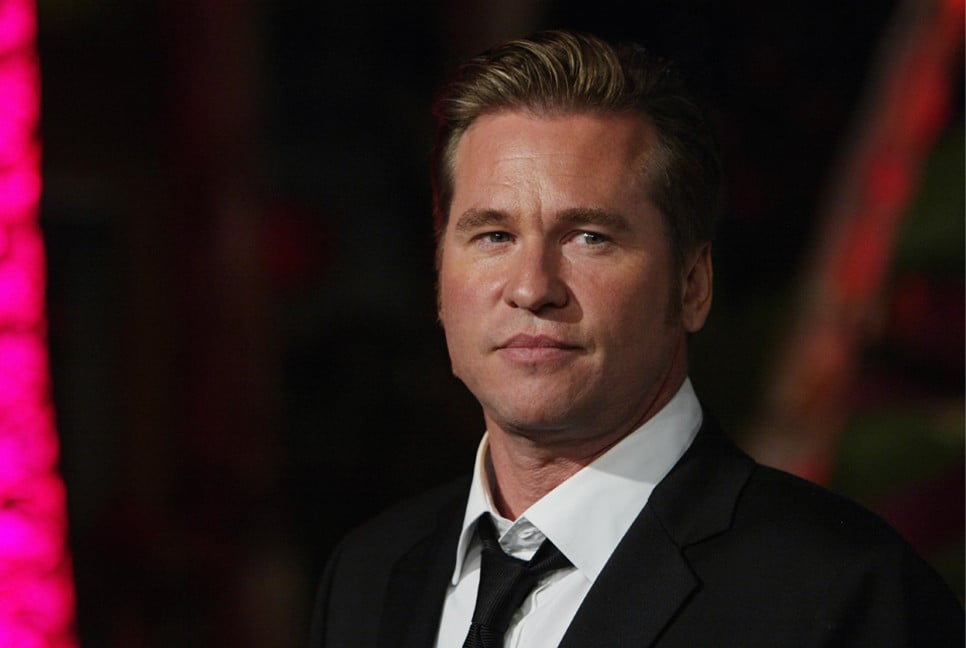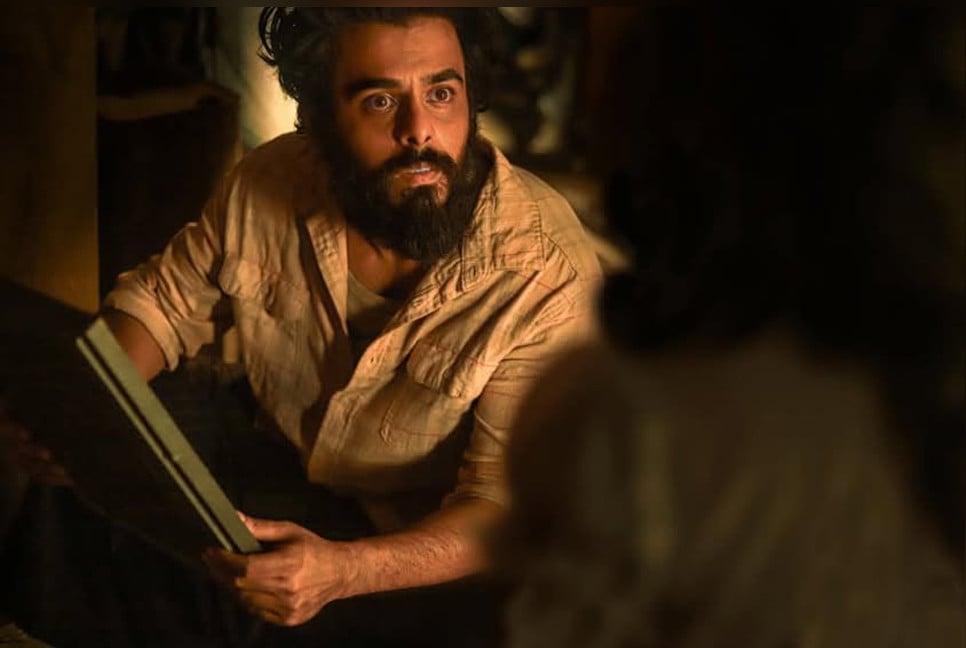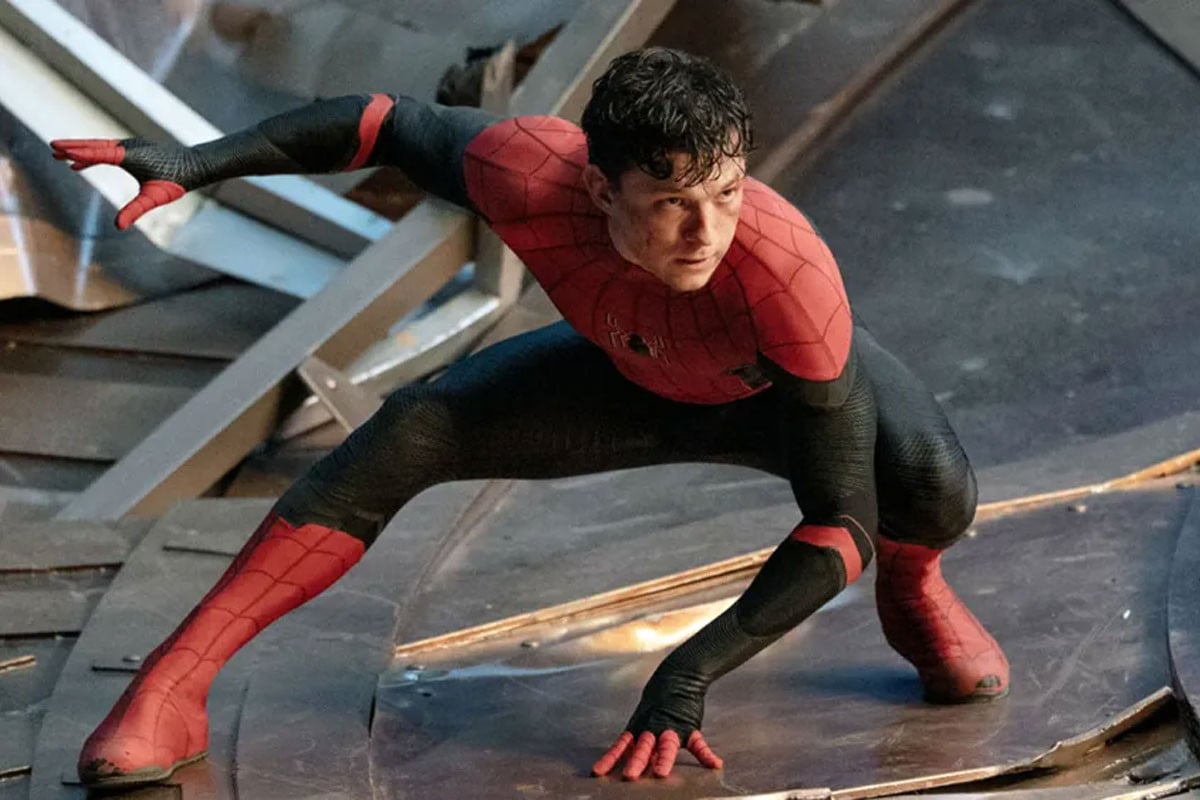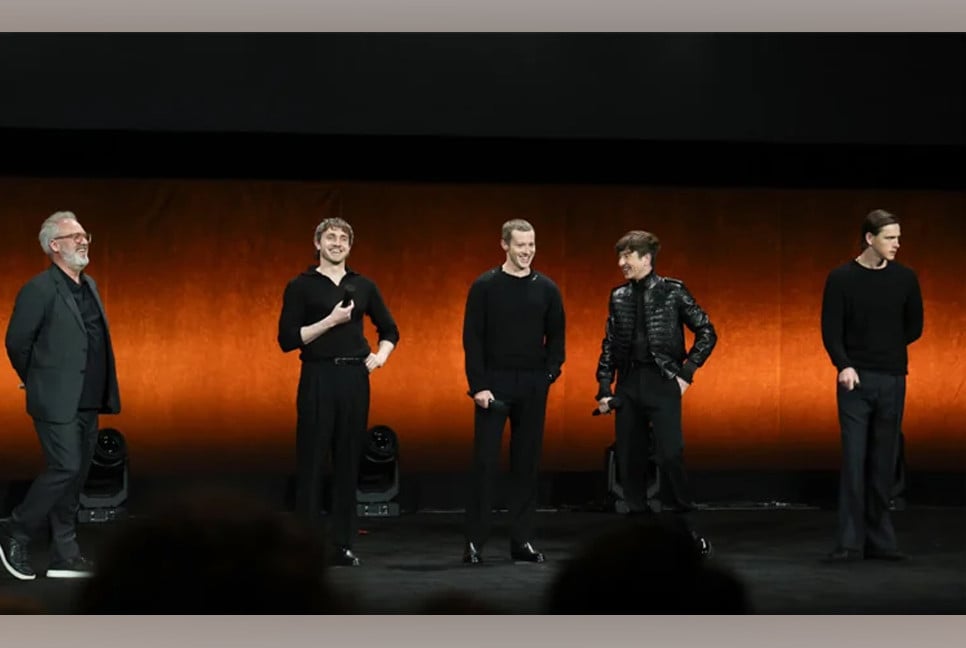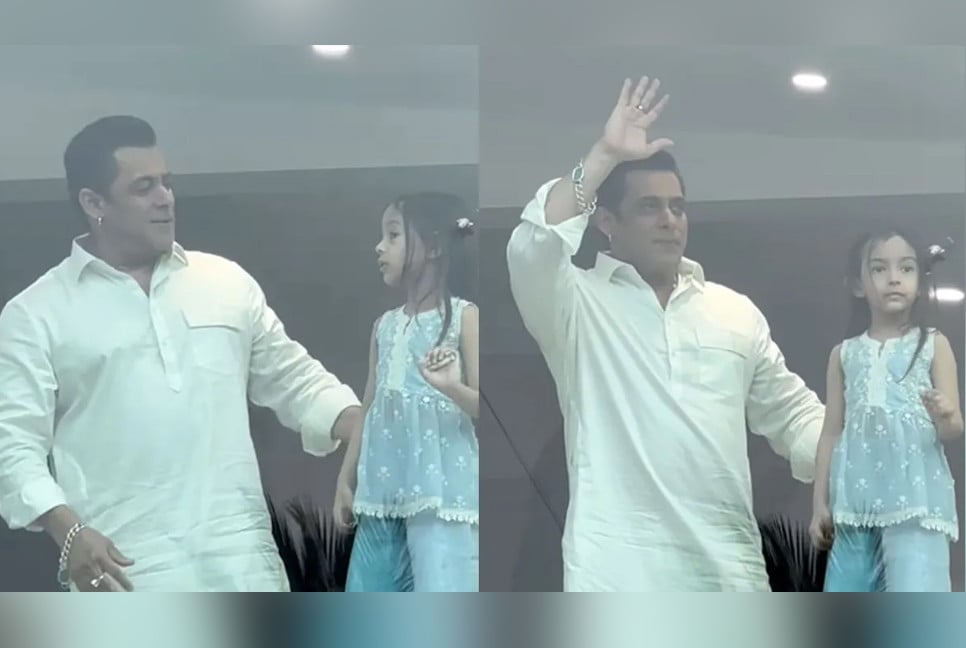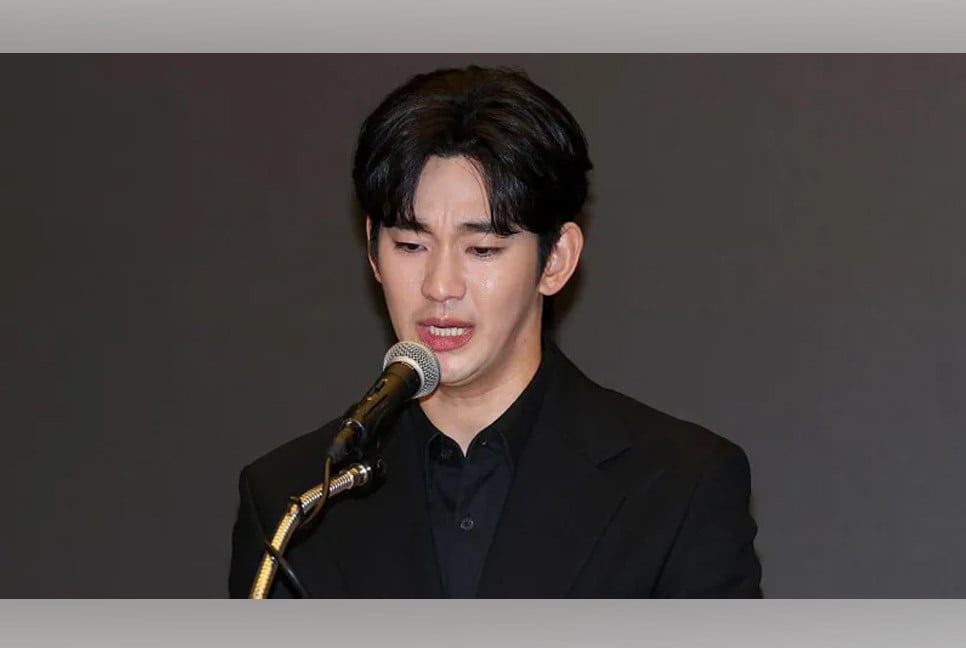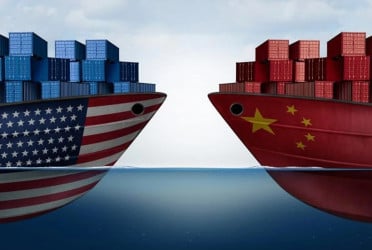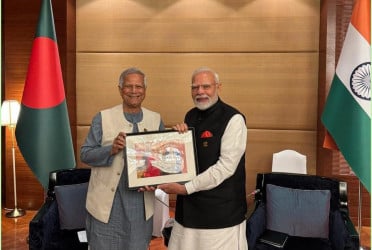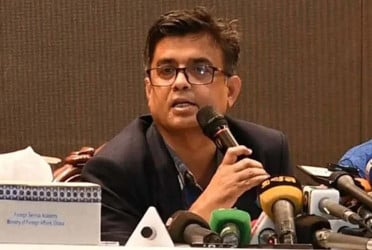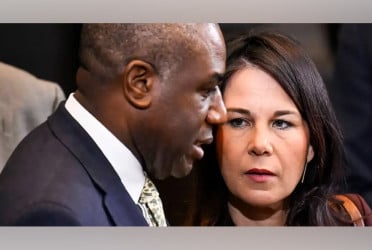Two years ago, AI was the enemy of Hollywood. Actors and writers went on strike, demanding protections from the encroachment of artificial intelligence on their creative industries. But in a surprising twist, AI is now making its way into some of the most prestigious films, even earning recognition at the Oscars, reads a BBC post.
At a recent Hollywood gathering held in a historic soundstage once used by film icons like Charlie Chaplin and Mabel Normand, the mood was markedly different. Executives, actors, and tech developers mingled over cocktails, discussing what some are calling the biggest breakthrough since the advent of the talkies: AI-generated video. While opinions are divided, it’s clear that AI’s presence in Hollywood is no longer a distant possibility, but an ongoing reality.
Bryn Mooser, the co-founder of Moonvalley, a company creating AI-generated content with paid consent from filmmakers, hosted the event. He believes that while AI is still a controversial topic, it is "inevitable" in the film industry. Mooser stresses that their AI tool, Marey, pays for its content, which he calls “clean” AI, unlike some tech companies that use unlicensed material to train their models. He argues that this model ensures artists remain central to the creative process rather than being overshadowed by tech giants.
AI’s portrayal as a villain in Hollywood movies is nothing new. From the cold, calculating Skynet in The Terminator to the dystopian futures depicted in various sci-fi films, artificial intelligence has often been seen as a threat. However, in the real world, it’s not the technology that’s drawing the ire of industry professionals but the companies that create these AI systems, often using copyrighted material without consent to train their models. Writers, actors, and news organizations are now suing companies like OpenAI and Google for allegedly using their work to build AI models.
Hollywood has started experimenting with AI, using it to alter voices, de-age actors, and even help craft performances. Oscar-nominated films such as Emilia Perez and The Brutalist have incorporated AI to enhance the film experience. In The Brutalist, actor Adrien Brody even won an Academy Award, with AI helping to fine-tune his accent for a Hungarian role. Additionally, AI technology has been employed to digitally de-age actors like Tom Hanks and Harrison Ford for specific film roles.
AI’s growing influence is evident in various industry projects. OpenAI recently hosted an AI film festival in Los Angeles, and renowned directors Joe and Anthony Russo announced plans to invest $400 million in developing AI tools for filmmakers. While AI’s impact on the future of the entertainment industry is still being debated, it is clear that the technology is reshaping the landscape of film production, potentially allowing filmmakers to create high-budget, blockbuster-style movies on much smaller budgets.
Despite the excitement surrounding AI, many worry about job displacement in the industry. AI's ability to generate scripts, animate characters, and even create human-like voices has raised concerns that it could replace roles, particularly for background actors. When asked which Hollywood jobs are most vulnerable to AI replacement, OpenAI’s ChatGPT listed background actors as "most vulnerable," noting that "A-list actors and directors" are less likely to be replaced due to their star power and brand recognition.
While AI’s role in Hollywood is still a hot topic, many in the industry see it as a necessary tool, provided it’s used correctly. Mooser and his co-founder Naeem Talukdar are passionate about ensuring that AI complements the artist, not replaces them. They believe AI could be used to create immersive worlds and set pieces faster and more efficiently than traditional computer-generated imagery (CGI), helping filmmakers produce grand productions on smaller budgets.
However, AI’s rise in Hollywood coincides with broader debates on intellectual property rights. Tech giants argue that the U.S. needs to relax its copyright laws to remain competitive with China in the global AI race. Meanwhile, Hollywood insiders are pushing back, concerned that the push for "fair use" of copyrighted works will undermine the creative industries that support millions of jobs.
Despite the shifting tides in the film industry, Hollywood’s creative community remains wary. Many actors are concerned about AI’s encroachment into their fields, as evidenced by recent protests against video game companies using AI to replace actors. As the industry navigates these changes, Mooser emphasizes the importance of keeping artists at the heart of the conversation. "Technology is going to be in everything," he says. "Let’s make sure it’s done the right way and that artists aren’t run over by big companies."
AI’s presence in Hollywood has come a long way from its origins as a threat, and its role in the future of cinema is still unfolding—one that promises both exciting possibilities and significant challenges.
Bd-pratidin English/ Jisan

